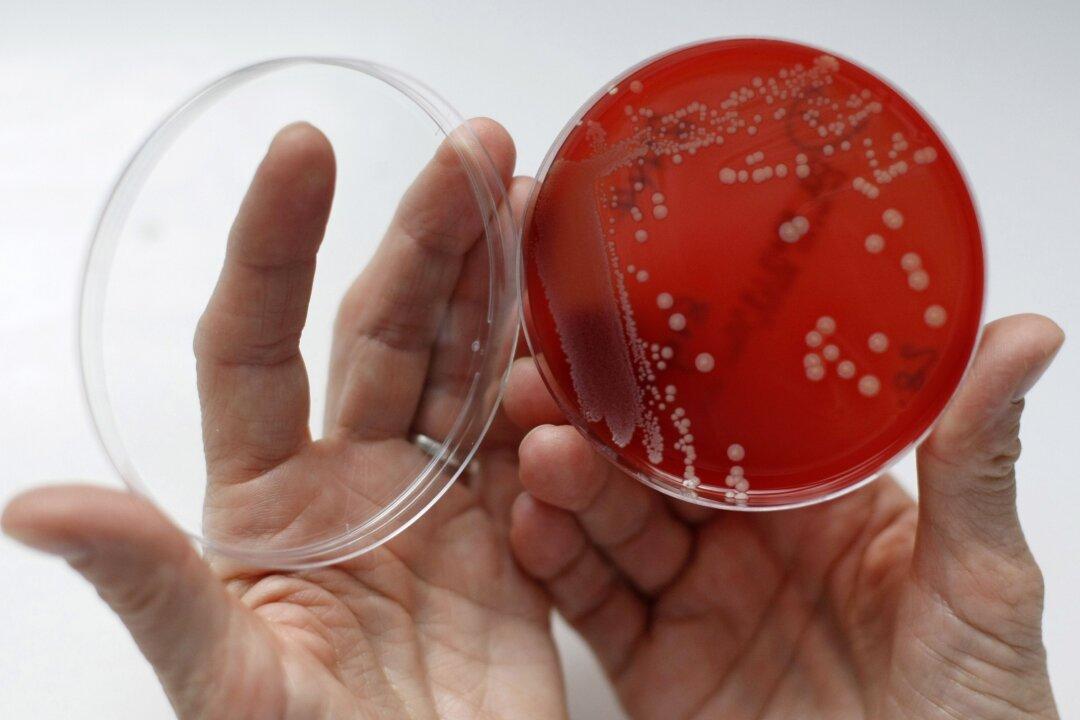A strain of antibiotic-resistant bacteria discovered in pigs is spreading to people and causing infections, according to a new study released this week.
A strain of livestock-associated methicillin-resistant Staphylococcus aureus (LA-MRSA) is suspected to have emerged among European pigs and other livestock in the past several decades because of frequent antibiotic use in farming.






